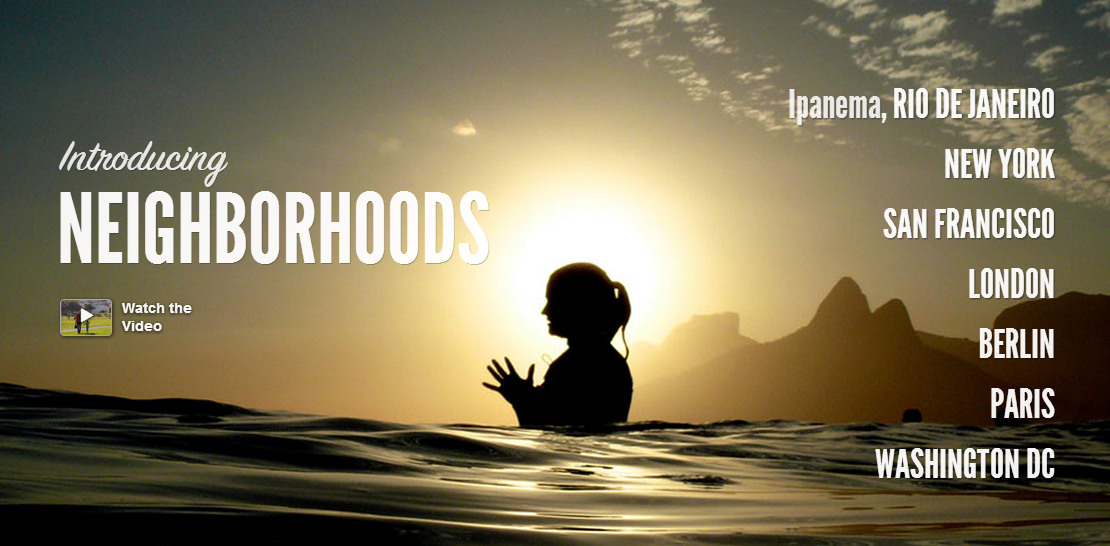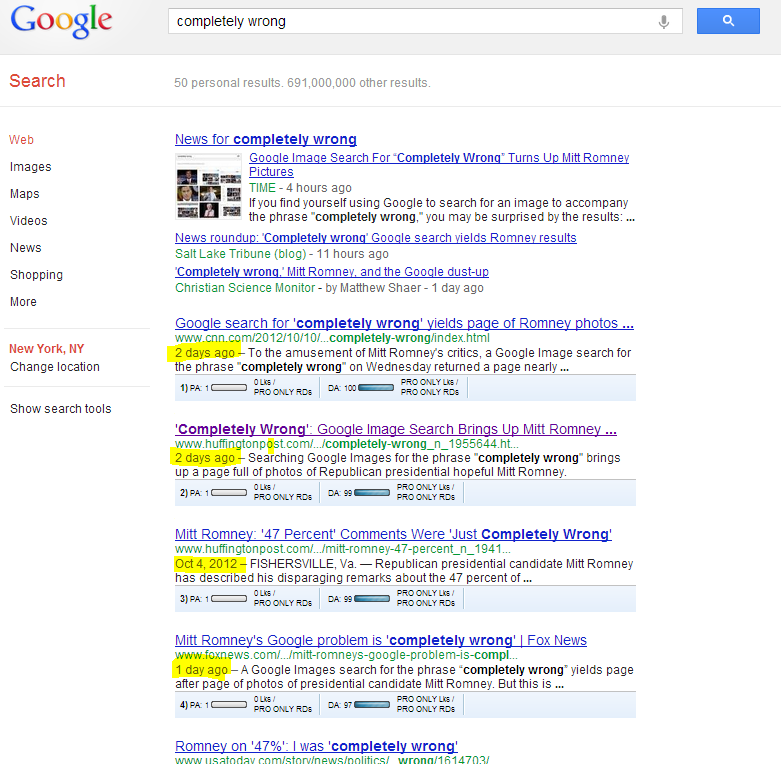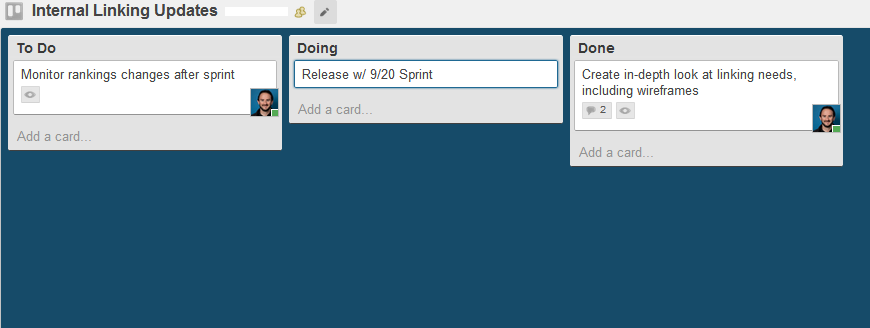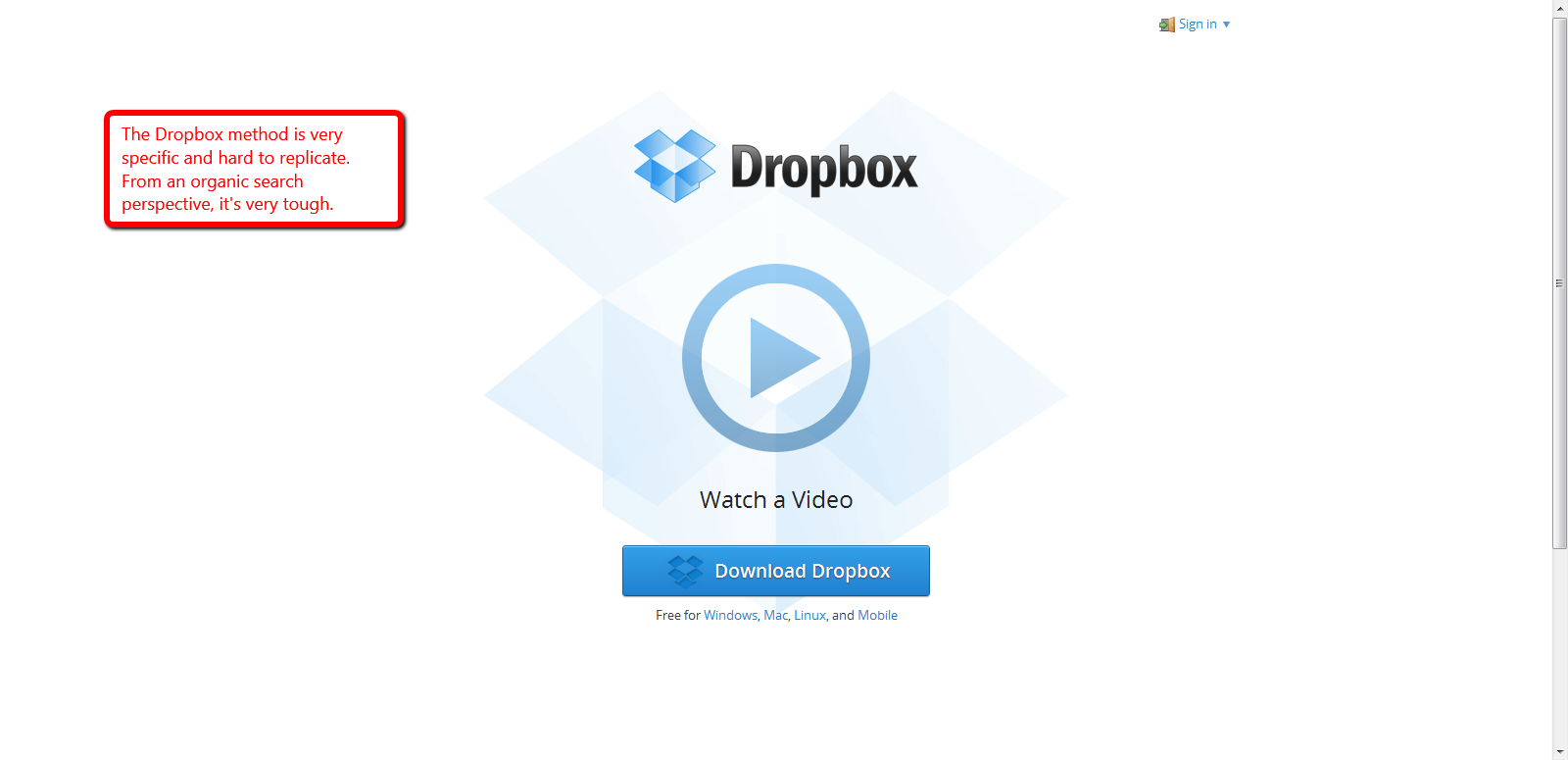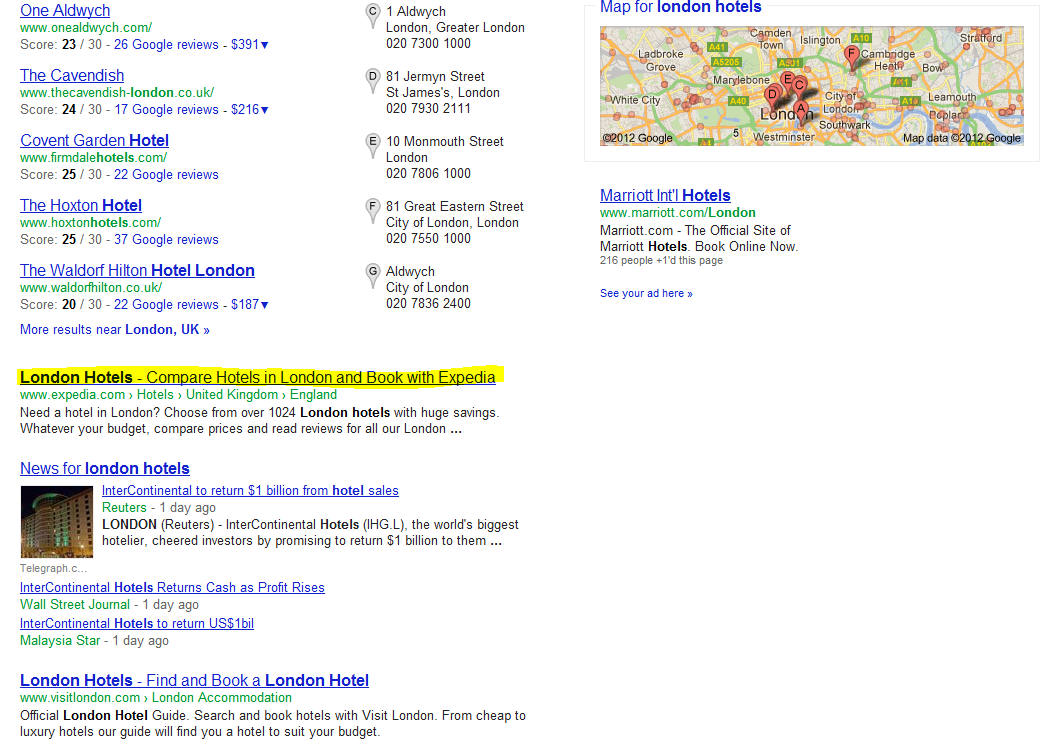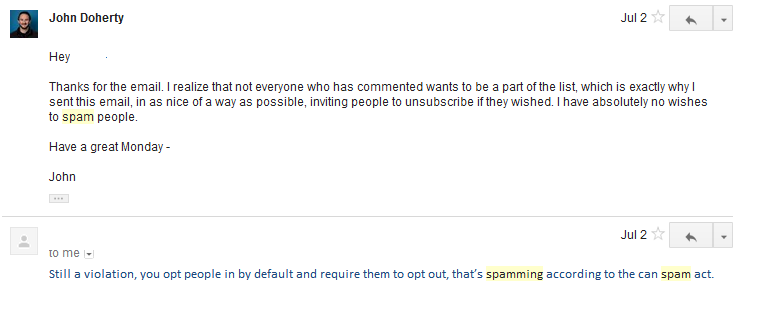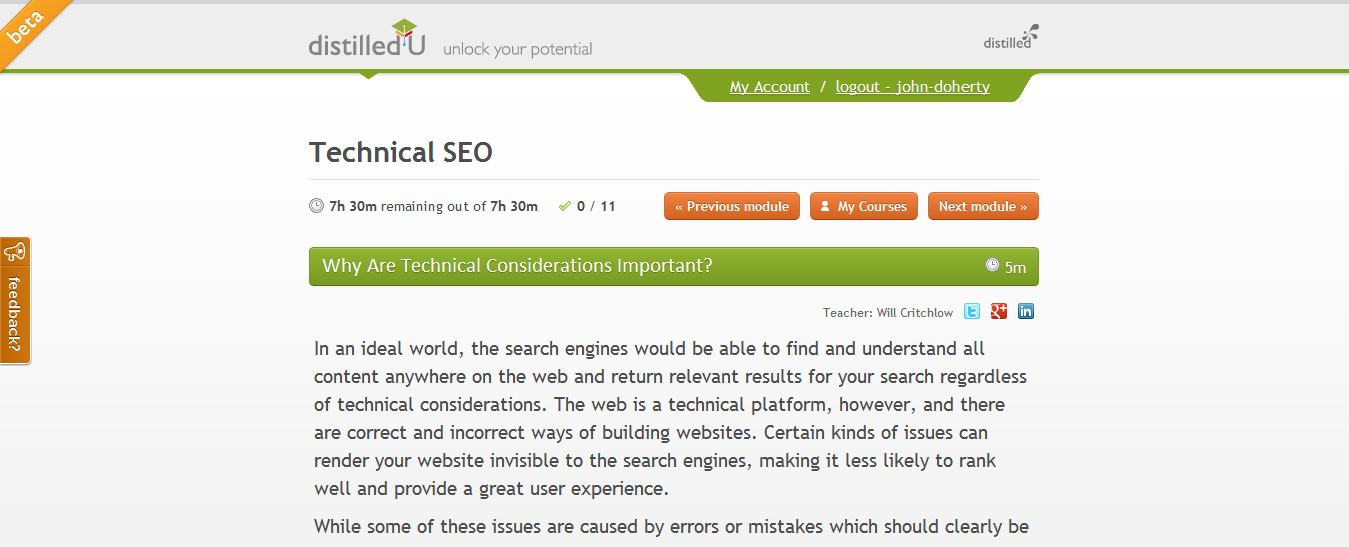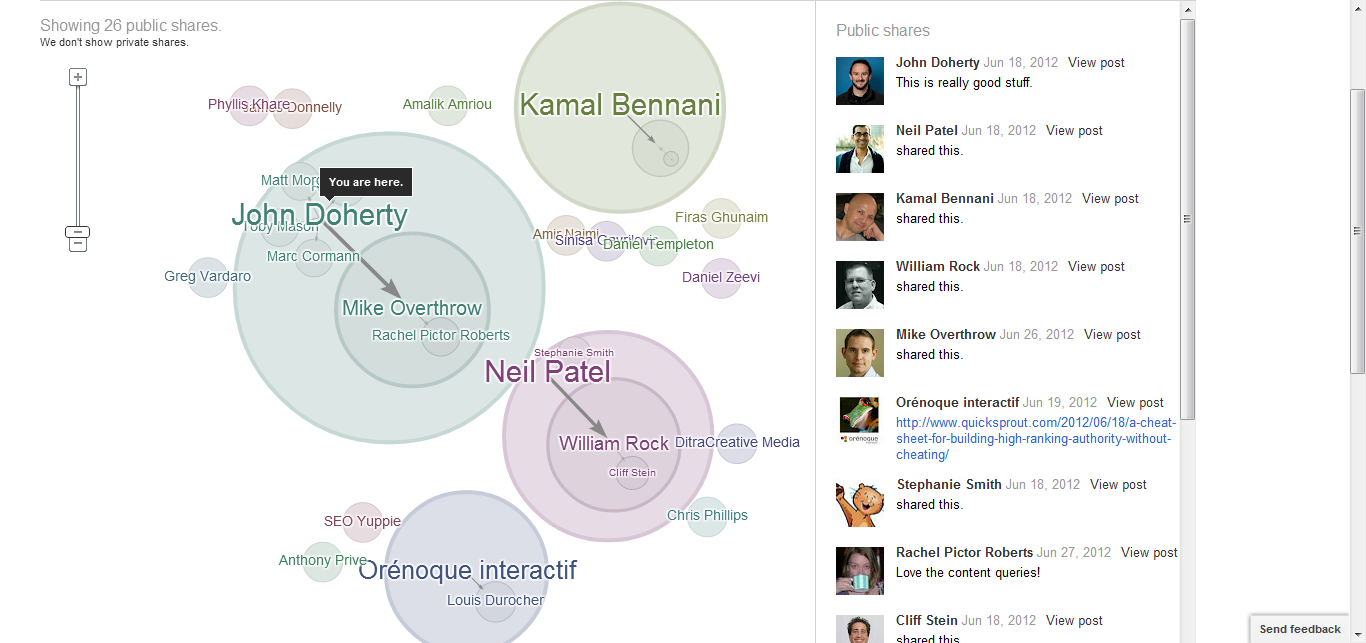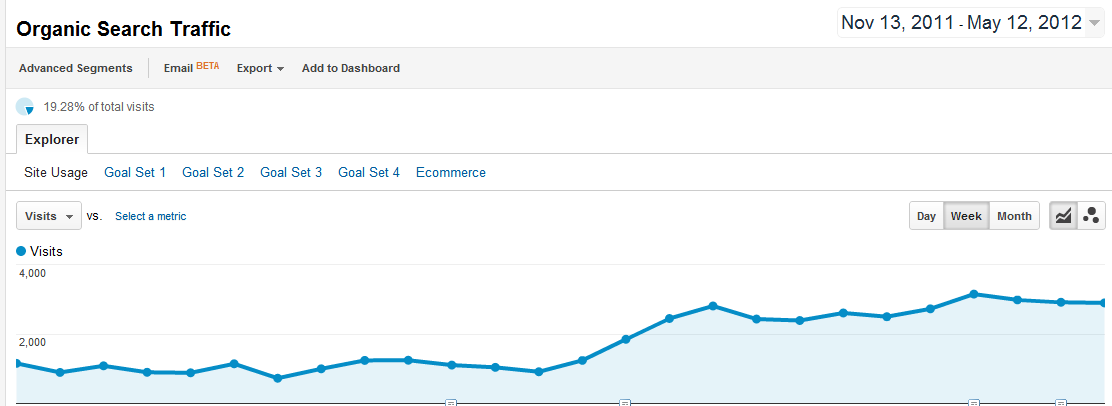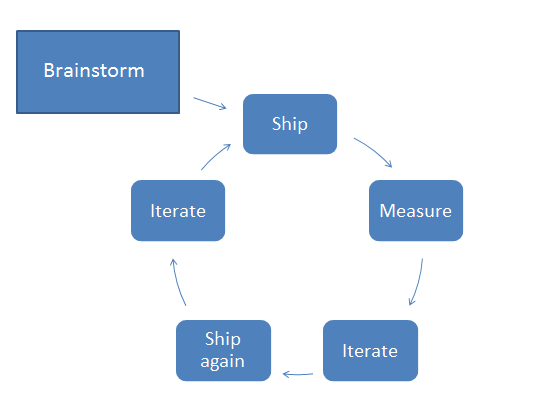SEOs are Growth Hackers
Growth hacking has become a buzzterm in the past 6 months, ever since this post written back in April by Andrew Chen. There’s even a growth hacking agency in New York City (linked at the bottom of the post) and startups are starting to hire growth hackers to help them scale up their user base faster.
I’ve heard the growth hacker term thrown around a lot, and have experienced both positive and negative reactions to it from people I know.
The goal of this post is to define down what a growth hacker is, how this integrates well into online marketing, and then to give a few examples of some growth hacks I’ve either seen or heard about that have helped tech startups grow. Read more about SEOs are Growth Hackers …

